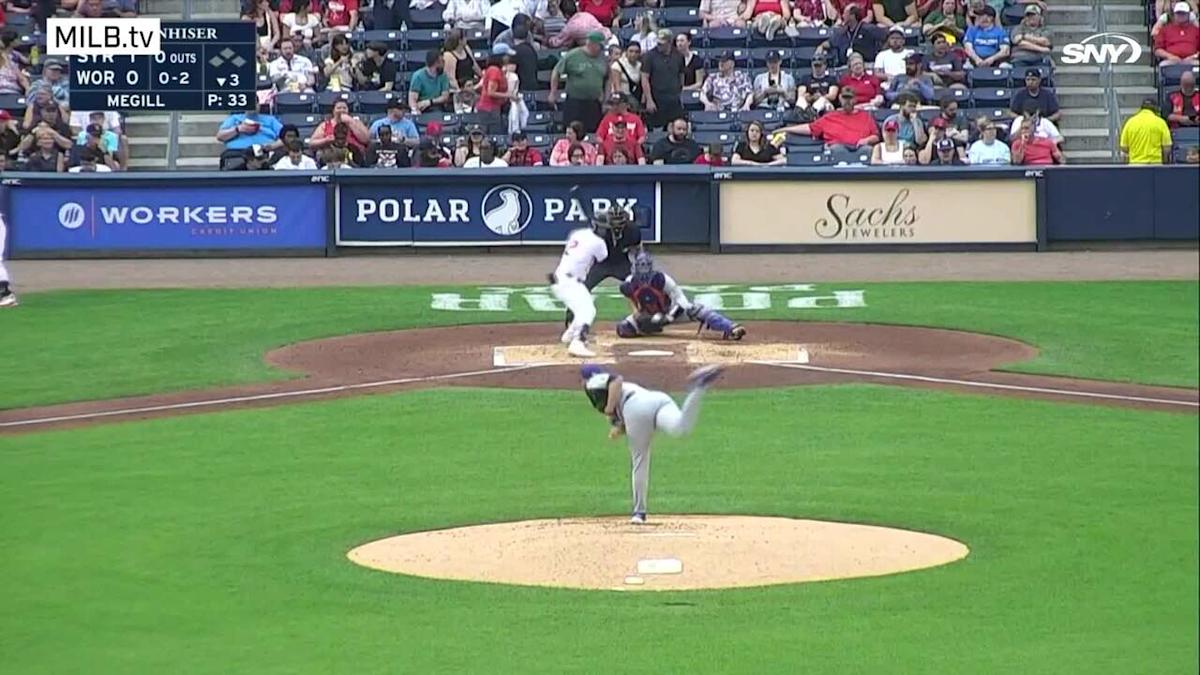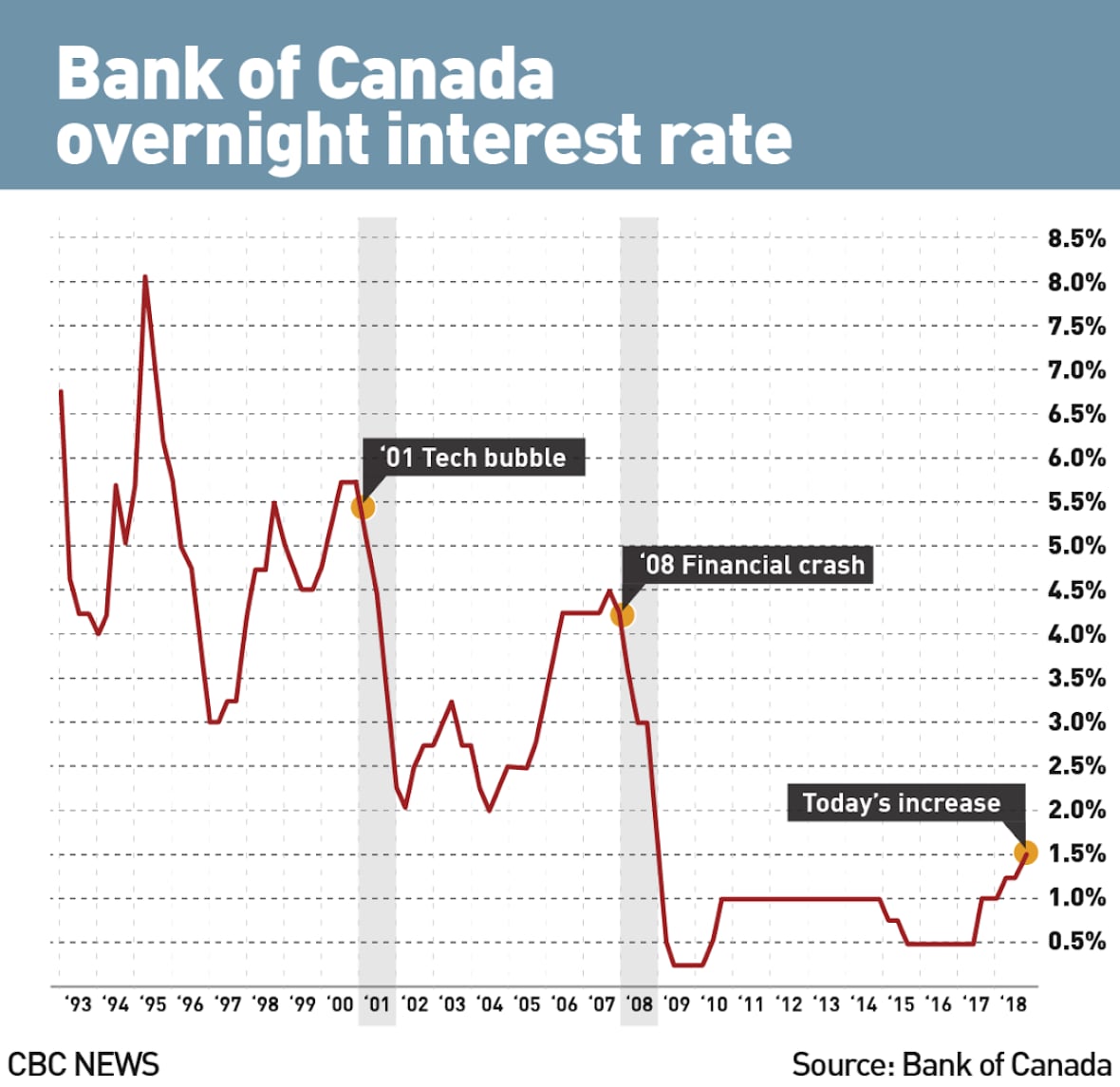Silent Divorce: Recognizing The Warning Signs Before It's Too Late

Table of Contents
Communication Breakdown: The Foundation of a Silent Divorce
A silent divorce often begins with a subtle yet significant erosion of communication. The open, honest conversations that once characterized your relationship become infrequent, superficial, or absent altogether. This marital disconnect is a critical indicator that something is amiss.
Decreased Conversation & Emotional Intimacy
- Less frequent conversations, often limited to logistics.
- Superficial interactions, lacking depth and genuine connection.
- Avoiding meaningful discussions about feelings, hopes, and dreams.
- Lack of shared emotional experiences; feeling unheard or unseen.
- A sense that your partner doesn't truly understand or appreciate you.
The decline in communication fosters emotional distance. Instead of sharing joys and sorrows, you're living parallel lives, your inner worlds remaining separate and inaccessible to each other. For example, instead of discussing a stressful day at work, you might simply retreat to your separate spaces without sharing your feelings. This lack of emotional connection is a hallmark of a silent divorce.
Increased Conflict Avoidance
- Ignoring disagreements instead of addressing them.
- Suppressing feelings rather than expressing them openly.
- Bottling up emotions until they erupt in unhealthy ways.
- Avoiding difficult conversations, leading to unresolved issues.
- Engaging in passive-aggressive behavior to express dissatisfaction.
Avoiding conflict might seem like a path to peace, but in reality, it allows problems to fester and grow. Unresolved issues breed resentment, further distancing you from your partner. For instance, consistently ignoring a partner's concerns about household chores can lead to a simmering resentment that slowly erodes the relationship.
Loss of Shared Activities & Interests
- Spending significantly less time together, prioritizing individual activities.
- Lack of shared hobbies or interests, leading to separate social circles.
- No longer enjoying activities you once shared, indicating a loss of connection.
- Feeling disconnected and lonely even when physically together.
- Lack of joint planning for the future, signaling a lack of shared vision.
Shared experiences are the glue that holds many marriages together. The loss of these shared activities signifies a weakening of the marital bond. If you used to enjoy weekly movie nights but now spend your evenings separately, this signals a growing distance that needs attention.
Emotional & Physical Distance: The Growing Rift
The communication breakdown leads to a growing emotional and physical distance, further accelerating the silent divorce. This distance manifests in various ways, subtly at first, then increasingly apparent.
Reduced Physical Intimacy
- Lack of sexual intimacy, possibly leading to resentment and frustration.
- Decreased physical affection, such as hugs, kisses, and hand-holding.
- Avoiding touch altogether, creating a physical barrier between partners.
- Feeling emotionally distant even when physically close.
- A perception that physical intimacy is a chore rather than a source of connection.
Physical intimacy is an essential component of a healthy marriage. Its decline signals a profound emotional disconnect. The lack of physical affection can leave one partner feeling unloved and unwanted, contributing to the emotional distance.
Separate Lives & Routines
- Independent schedules with minimal overlap, leading to a lack of shared time.
- Parallel lives with separate social activities and interests.
- Lack of joint planning for family activities or household tasks.
- Feeling more like roommates than intimate partners.
- A sense that you are each leading your own lives independently of each other.
Living separate lives erodes the foundation of the marital bond. It means that you are no longer sharing your days and experiences, and the sense of unity and togetherness is significantly reduced.
Withdrawing Affection & Emotional Support
- Lack of empathy and understanding towards your partner's feelings.
- Reduced emotional support during challenging times.
- Feeling alone and unsupported even within the marriage.
- Decreased expression of love and appreciation.
- Feeling uncared for and neglected by your spouse.
Emotional neglect is just as damaging as physical neglect. Withholding affection and emotional support creates a sense of isolation and loneliness, leading to further detachment and accelerating the silent divorce.
Signs of Resentment & Disillusionment: The Point of No Return?
The final stages of a silent divorce are often marked by escalating resentment, disillusionment, and the potential consideration of separation or divorce.
Building Resentment
- Holding grudges and harboring unspoken anger towards your partner.
- Feeling perpetually dissatisfied with the relationship.
- Blaming your partner for the problems in the marriage.
- Engaging in constant criticism and negativity.
- Inability to forgive past hurts or transgressions.
Unresolved issues and unmet needs fuel resentment, poisoning the relationship. This resentment eats away at the foundation of trust and respect.
Loss of Respect & Appreciation
- Feeling contempt or disrespect towards your partner.
- Expressing negativity and criticism more frequently than appreciation.
- Feeling taken for granted and unappreciated.
- Losing admiration and respect for your partner's qualities.
- A lack of positive reinforcement and encouragement.
The loss of respect is a significant indicator of a dying marriage. When respect disappears, so does the foundation for a healthy relationship.
Considering Separation/Divorce
- Fantasizing about life apart and the possibility of separation.
- Considering or researching divorce options privately.
- Withdrawing emotionally and physically from your spouse.
- Expressing dissatisfaction with the relationship directly or indirectly.
- A decline in efforts to save or improve the relationship.
These thoughts, even if unspoken, signal a major crisis. It's crucial to address these feelings before they lead to irreversible actions.
Conclusion
Recognizing the signs of a silent divorce – communication breakdown, emotional and physical distance, and growing resentment – is the first step towards saving your marriage. If you see these warning signs in your relationship, don't ignore them. A silent divorce doesn't have to be the end. Take proactive steps today. Seek professional help from a marriage counselor or therapist. Open communication, renewed commitment, and professional guidance can help you rebuild the connection and prevent a silent divorce. Save your marriage from a silent divorce – act now to strengthen your bond and create a more fulfilling future together. Address your marital problems and work towards marriage recovery before it’s too late. Don't let a silent divorce steal the joy from your relationship.

Featured Posts
-
 Mets Option Dedniel Nez To Syracuse Add Tylor Megill To Rotation
Apr 28, 2025
Mets Option Dedniel Nez To Syracuse Add Tylor Megill To Rotation
Apr 28, 2025 -
 New Business Hotspots Across The Country Location And Growth Potential
Apr 28, 2025
New Business Hotspots Across The Country Location And Growth Potential
Apr 28, 2025 -
 Virginia Giuffres Death Impact On Epstein Case And Prince Andrew Accusations
Apr 28, 2025
Virginia Giuffres Death Impact On Epstein Case And Prince Andrew Accusations
Apr 28, 2025 -
 Weak Retail Sales Precursor To Bank Of Canada Interest Rate Cuts
Apr 28, 2025
Weak Retail Sales Precursor To Bank Of Canada Interest Rate Cuts
Apr 28, 2025 -
 Bubba Wallace Shares Two Consistent Texts From Michael Jordan
Apr 28, 2025
Bubba Wallace Shares Two Consistent Texts From Michael Jordan
Apr 28, 2025
